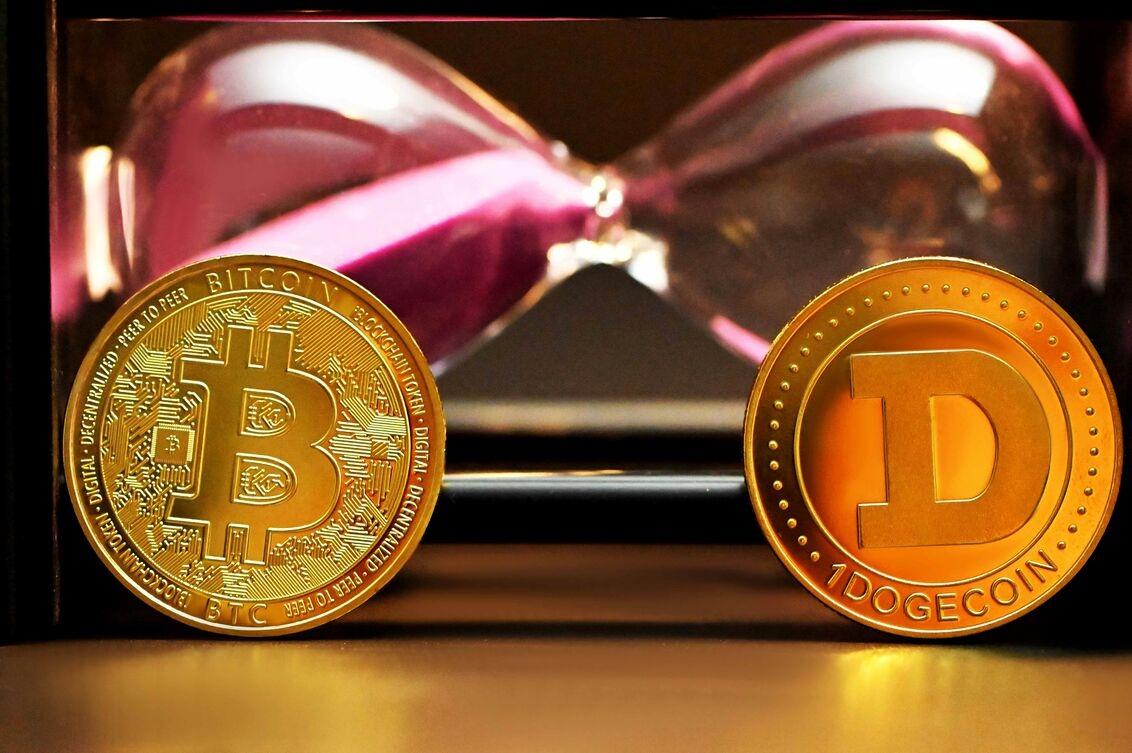The cryptocurrency industry has grown rapidly, with millions of users participating in trading, investing, and decentralized finance. At the heart of this transformation are exchanges, platforms that allow users to buy, sell, and trade digital assets. While centralized exchanges have traditionally dominated the market, decentralized exchanges (DEXs) are emerging as powerful alternatives. By removing intermediaries and giving users full control over their assets, DEXs are changing the way trading works.
What Is a Decentralized Exchange?
A decentralized exchange is a platform that allows peer-to-peer trading of digital assets without relying on a central authority. Instead of using order books managed by a company, DEXs rely on blockchain-based smart contracts to match buyers and sellers automatically. Users connect their wallets directly to the exchange and maintain custody of their funds throughout the process.
Unlike centralized exchanges, which require accounts, identity verification, and deposits into company-controlled wallets, decentralized exchanges prioritize user autonomy and privacy.
Advantages of Decentralized Exchanges
The rise of DEXs is driven by several advantages that appeal to cryptocurrency users:
-
User Control
With DEXs, users never surrender control of their funds. Assets remain in their wallets until trades are executed, reducing risks of hacks and insolvency. -
Privacy and Accessibility
Most decentralized exchanges do not require identity verification, making them accessible to anyone with an internet connection and a digital wallet. -
Global Participation
Since they operate on blockchain networks, DEXs are borderless and available to users worldwide, bypassing traditional financial restrictions. -
Transparency
Every trade on a DEX is recorded on the blockchain, ensuring transparency and reducing opportunities for manipulation. -
Wide Range of Tokens
DEXs often list new and emerging tokens before centralized platforms, offering early access to projects and communities.
Challenges Facing DEXs
Despite their growing popularity, decentralized exchanges are not without limitations:
-
Liquidity Issues: DEXs may struggle with lower trading volumes compared to centralized exchanges, leading to higher price slippage.
-
User Experience: Interfaces can be complex, especially for beginners unfamiliar with wallets, gas fees, and blockchain transactions.
-
Transaction Costs: On networks like Ethereum, high gas fees can make small trades expensive.
-
Security Risks: While funds remain in user wallets, vulnerabilities in smart contracts can lead to exploits and losses.
-
Regulatory Uncertainty: Governments are still determining how to regulate decentralized platforms, which could impact their growth.
Popular Decentralized Exchanges
Several DEXs have gained significant traction in recent years:
-
Uniswap: One of the first and most widely used automated market maker (AMM) platforms, enabling users to swap tokens directly.
-
SushiSwap: A community-driven fork of Uniswap that introduced additional features such as staking and yield farming.
-
PancakeSwap: Built on Binance Smart Chain, offering faster and cheaper transactions than Ethereum-based alternatives.
-
Curve Finance: Specializes in stablecoin trading with minimal slippage and efficient liquidity pools.
These platforms showcase the variety of models and innovations within the decentralized exchange space.
The Future of Decentralized Exchanges
DEXs are still in their early stages, but their potential is immense. Several trends are shaping their future:
-
Layer 2 Solutions: Scalability upgrades such as rollups and sidechains will reduce fees and improve transaction speeds, making DEXs more efficient.
-
Cross-Chain Trading: Future DEXs will enable seamless swaps across different blockchains, increasing accessibility and reducing fragmentation.
-
Integration with DeFi: DEXs are becoming central hubs for decentralized finance, connecting lending, borrowing, and yield-generating opportunities.
-
Improved User Experience: Simplified interfaces and better wallet integrations will make DEXs more beginner-friendly.
-
Regulatory Developments: Clearer rules could pave the way for hybrid models that combine decentralization with compliance.
Conclusion
Decentralized exchanges represent a fundamental shift in how digital assets are traded. By giving users control of their funds, reducing reliance on intermediaries, and enabling global participation, DEXs embody the principles of decentralization at the core of blockchain technology. While challenges such as liquidity, scalability, and regulation remain, innovations are steadily addressing these issues.
As blockchain adoption continues to grow, decentralized exchanges may become the standard for trading, offering a more transparent, secure, and inclusive financial system. The rise of DEXs signals not just a technological change, but a movement toward financial autonomy for users worldwide.
Important Links
Can Memecoins Survive a Crypto Market Crash
Are Memecoins Just a Trend or the Future of Crypto
How Do Memecoins Gain Value Without Real-World Use

